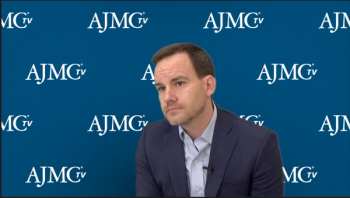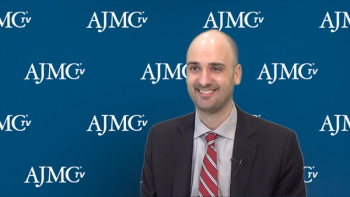
It’s crucial to have support from the numerous community settings that young people interact with so that they can feel understood and better manage their mental illness, according to Steven Adelsheim, MD, clinical professor of psychiatry and behavioral sciences, Stanford University School of Medicine.











